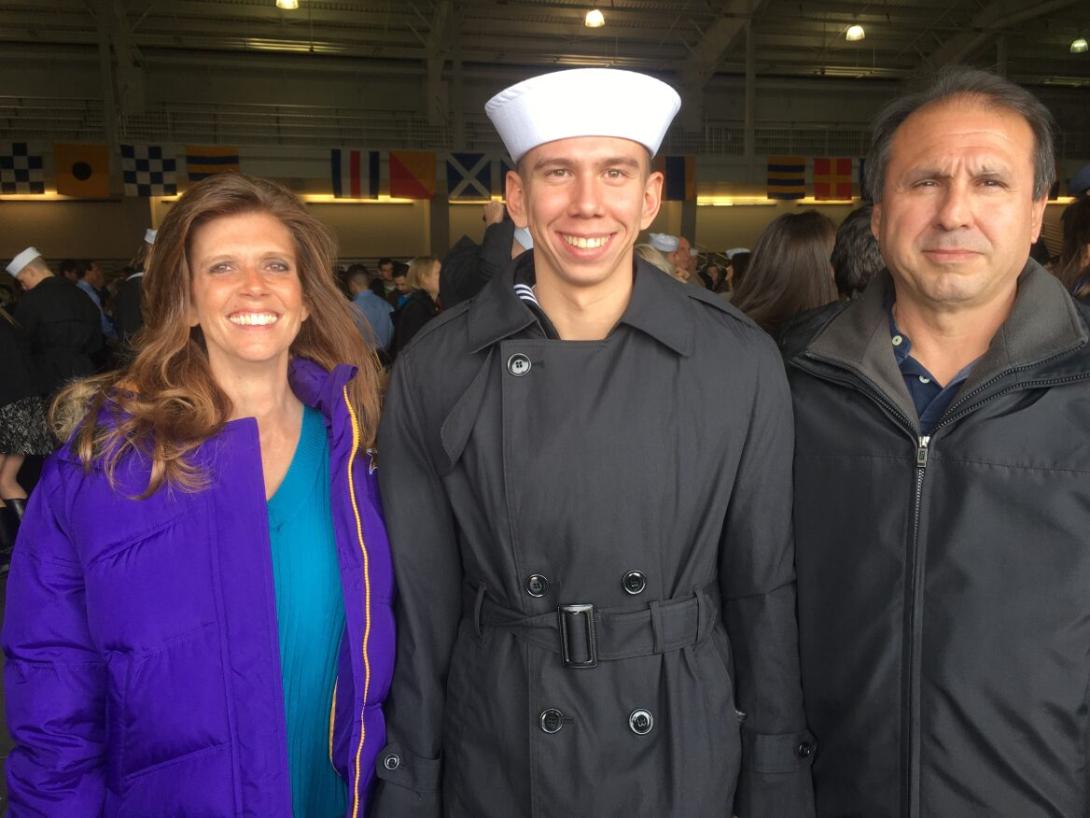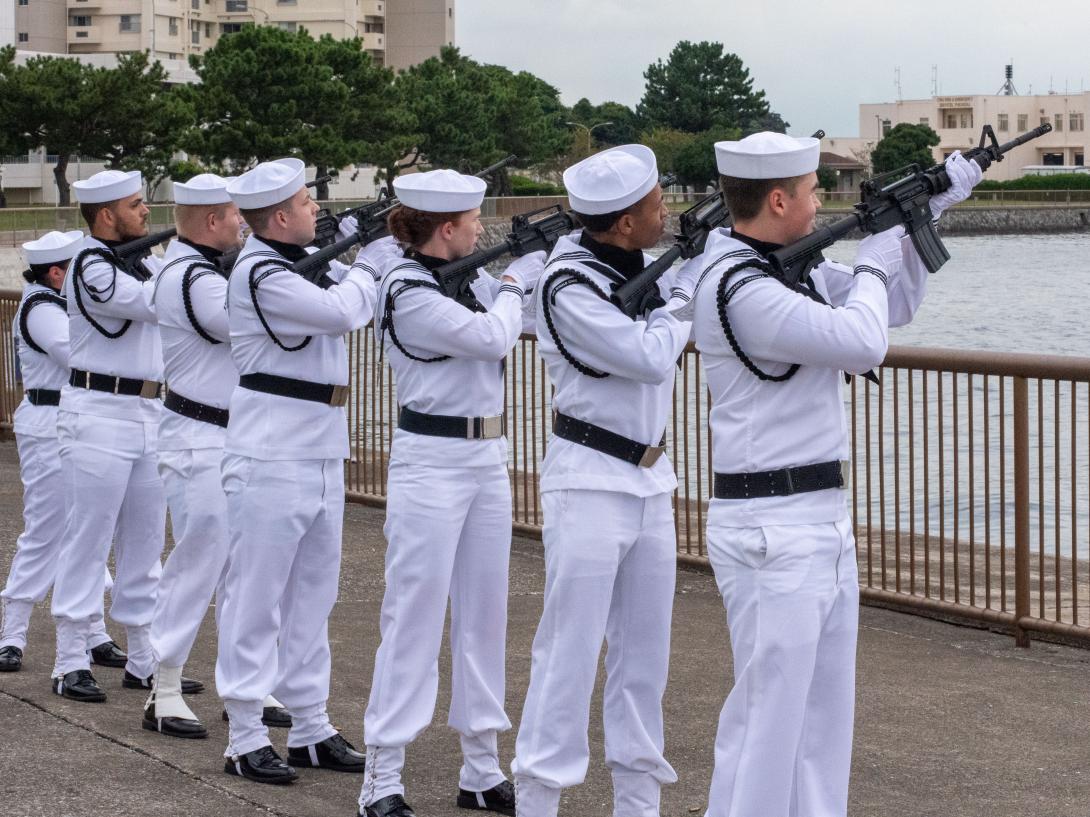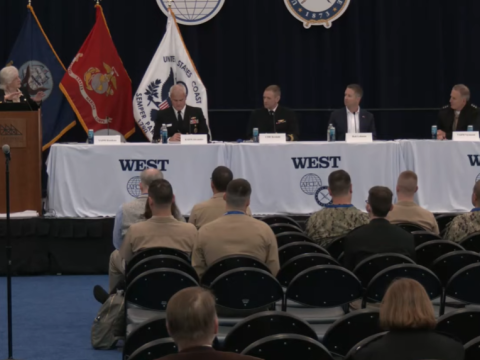Post Traumatic Stress in Order
On the wider issue of coping with difficulties, veterans feel better equipped to deal with many of the challenges of civilian employment. In terms of handling stress at work, 59% of veterans find they cope with it better than their colleagues who did not serve, according to data from Hill & Ponton, a law firm, and compiled by Wes O’Donnell, corporate consultant for veterans.
“The military as an organization spends a great deal of time and effort into what I like to call stress inoculation, and that is essentially getting a shot for stress, so you’re vaccinated against stress,” O’Donnell told SIGNAL Media.
While post-traumatic stress disorder could be a challenge for many, discussion about the difficulties of dealing with some aspects of military duty darken a wider view among hiring managers of what veterans have to offer.
“Suicide is an issue, but don’t let it cloud your judgment as to the benefits of hiring a veteran,” O’Donnell explained.
As team leaders, O’Donnell believes that veterans are more inclusive. In the military, performance must be guaranteed with a group from diverse origins, therefore, breaking barriers and fostering inclusion.
As for goal orientation, the military requires all participants involved to focus and achieve. O’Donnell underscored this fosters a corporate team performance.
The same research suggests that those who served cope better with work burnout, depression, anxiety and inability to stop working than their civilian peers. Further suggesting mental health resiliency, 35% of veterans are not comfortable taking time off for sickness or vacation, compared with 24% among the general population.
“Veterans’ performance actually increases when the stress starts to get going,” O’Donnell said in an interview.





Comments